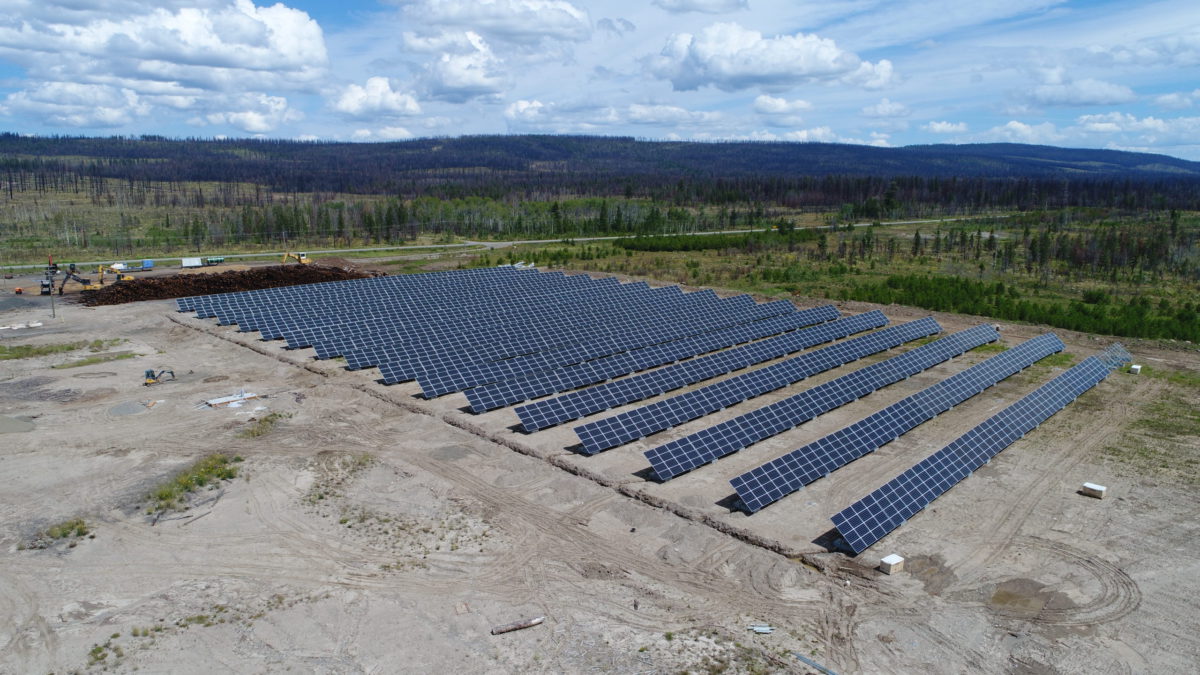The Tsilhqot’in Nation is standing with other First Nations across the province and is calling on the NDP government to postpone Bill 17 and allow them a chance to raise their concerns.
The bill, which was proposed in June, would give BC Hydro greater flexibility to import electricity from the United States and will repeal the mandate that British Columbia be self-sufficient in electricity supplies in average or above-average water conditions.
Chief Russell Myers Ross, the vice-chair of the Tsilhqot’in National Government, said that the bill directly threatens the clean energy aspirations of many First Nations in the province.
“We saw it as a threat to the independent power producers and allowing First Nations to be involved in shaping the clean energy future for ourselves and the province,” he said. “I think opening up they are sort of limiting the ability to have more renewable, clean energy developed in the province and among First Nations.”
Ross said that they want to continue to make progress in generating revenue and being able to provide power for their region.
“I think it goes without saying that all First Nations are probably in the same boat in trying to shape the region and to try and claim some of the revenue that might be generated from these projects,” he said. “We just think that Bill 17 is in the wrong direction in terms of serving local community needs and the power regionally.”
It was earlier this year that the Tsilhqot’s in Nation Solar Farm was opened, and Rossi says that the bill’s proposal is a step backwards in the development of more clean, renewable energy in the province.
“There are a lot of projects that have been developed and are developing, and we see Bill 17 as taking a step away from that. I think there’s a lot of investment that happened either from government money, to support First Nations and sort of leaving the threat that you’re not going to actually invest in actual development on these projects that are being worked on,” he said. “I think it’s counter-intuitive what they’re doing; I think they are throwing away their own investment.”
Rossi said that the chance for First Nations to create their renewable and clean energy has many positives.
“It injects money into the region where we haven’t had that before. It’s the same for any First Nations or any local government or municipality that is doing this work on trying to improve our infrastructure. You’re trying to provide revenue, and you are trying to keep it locally if you can.”
Ross added that he would recommend that the bill is proposed and consult a little further on the overall policy.
Something going on in the Cariboo you think people should know about?
Send us a news tip by emailing [email protected].








